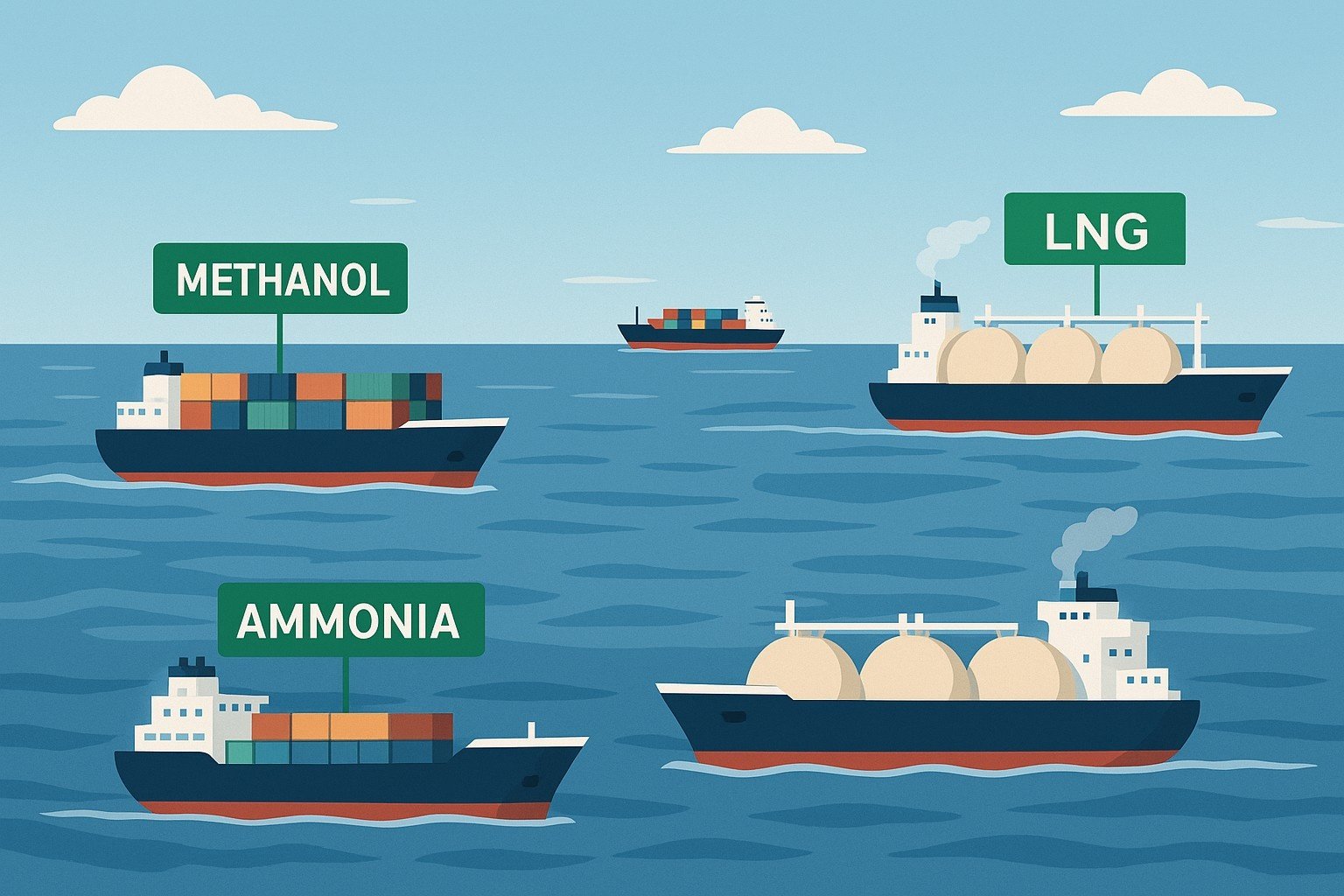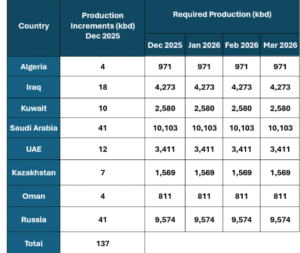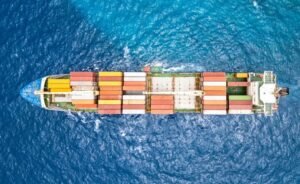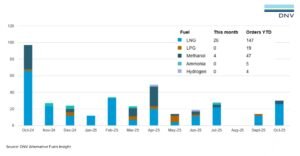DNV’s Energy Transition Outlook 2025 projects that the maritime sector will reduce its CO₂ emissions by 77% by 2050 compared with 2023 levels.
The report forecasts a steady fall in oil-based bunker consumption through the 2030s, with oil-based bunker fuels demand peaking before 2030 and declining sharply thereafter.
Biofuels are expected to provide the largest near-term contribution, accounting for a significant share of total marine energy demand by 2035.
E-methanol is forecast to scale in the late 2030s, followed by ammonia and hydrogen derivatives from the mid-2040s. Together, these fuels could supply around 30–40% of the sector’s energy needs by 2050, replacing conventional fuel oils.
While DNV notes that direct electrification remains largely limited to short-sea and port operations, the combination of improved vessel design, slow steaming, and digital optimisation will continue to lower fuel use intensity across the global fleet.
DNV also highlights that the IMO’s Net-Zero Framework, due to take effect in 2028, is set to accelerate the uptake of cleaner fuels and carbon reduction technologies.
“Shipping remains one of the hardest sectors to decarbonise,” DNV says, “but its emissions trajectory is now clearly downward.”
The full report is available here for download.








